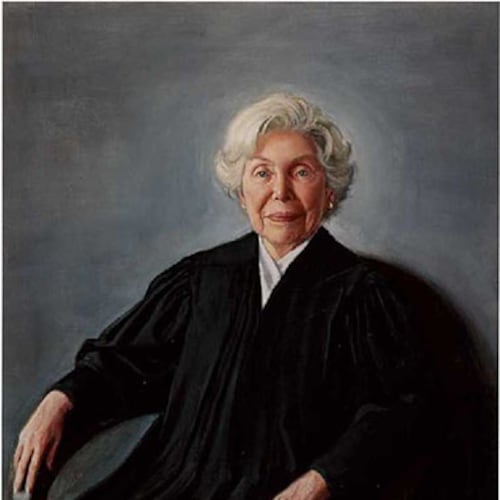The federal appeals court in Atlanta has dismissed a lawsuit that accused Fulton District Attorney Paul Howard of conspiring against the First Amendment rights of the former head of Atlanta's crime lab.
In June 2013, Donald Mikko was fired as the Atlanta Police Department's crime lab
Credit: Bill Rankin
Credit: Bill Rankin
director after just over a year on the job. Mikko was let go after prosecutors and police learned he'd agreed to testify as a private consultant on behalf of a criminal defendant in a case in Florida.
In his lawsuit, Mikko said his work in the Florida case exposed "malfeasance" by police and prosecutors in the mishandling of evidence.
But Howard had expressed unease with Mikko's arrangement, saying it did not look good for Atlanta police, especially its crime lab director, to testify against the prosecution or against law enforcement, according to the lawsuit's allegations.
Mikko filed a number of claims in his suit against Howard, one of his former top prosecutors and former Chief of Police George Turner. The claim addressed Friday by the 11th U.S. Circuit Court of Appeals accused Howard and his former top assistant of unlawfully retaliating against Mikko to prevent him from testifying, in violation of his First Amendment rights. (Atlanta police were not a party in the appeal.)
Credit: Bill Rankin
Credit: Bill Rankin
The court's ruling, written by Chief Judge Ed Carnes, said the prosecutors were immune from suit under the doctrine of qualified immunity. Under this legal principle, government officials may not be held liable if there was no clearly established law at the time that said their conduct violated a constitutional right.
"Mikko has not cited, nor have we found, any binding decision ... that clearly establishes that what the prosecutors did in this case violated the First Amendment," Carnes wrote for a unanimous three-judge panel.
Moreover, Carnes added, outside work as a defense expert could affect Mikko's relationship with APD officers, with whom he'd be expected to work with on investigations and prosecutions.
"His willingness to serve as an expert witness on behalf of a criminal defendant critiquing the performance of law enforcement, even in a case in another jurisdiction involving other law enforcement officers, could diminish his ability to work effectively with Atlanta police officers," Carnes wrote. "And that, of course, could diminish the prosecutors' ability to use him effectively as an expert witness in the Atlanta cases."
About the Author
The Latest
Featured




